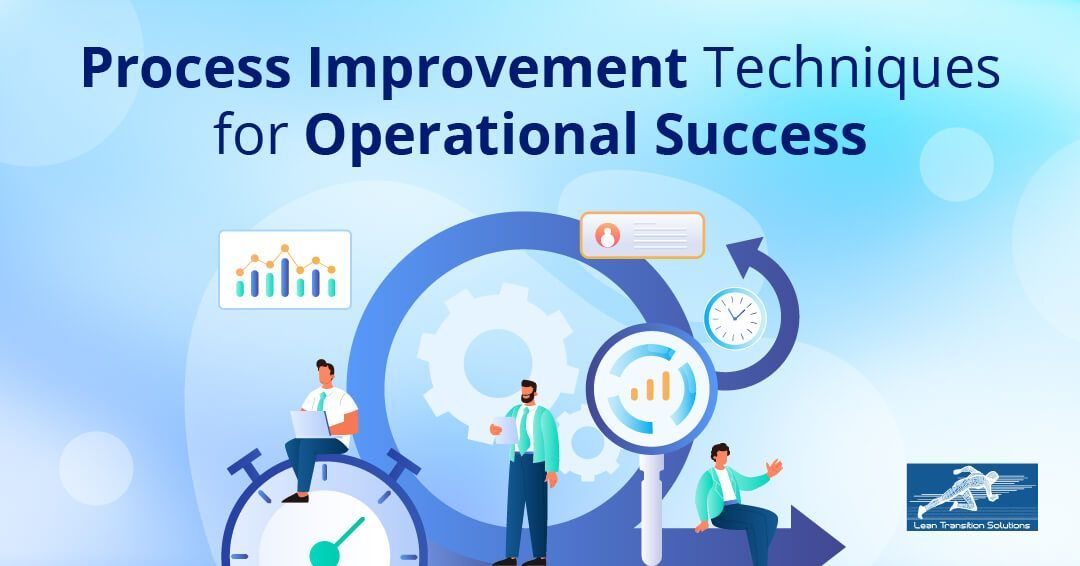Process Improvement Techniques for Operational Success

August 2, 2023
Efficient and streamlined processes drive productivity, enhance customer satisfaction, reduce costs, and ultimately contribute to the company's success. However, businesses often need help with challenges and inefficiencies that hinder their progress in pursuing excellence.
The key to overcoming these obstacles lies in adopting effective process improvement techniques. Process improvement is not just about fixing broken systems; it's about a proactive approach to refining and enhancing how things are done.
Organisations can elevate their productivity, boost customer satisfaction, and drive overall success by identifying inefficiencies, reducing waste, and streamlining workflows. By continually refining and optimising their operations, organisations can stay agile, adaptable, and at the forefront of their industries.
What is Process Improvement?
Process improvement is a systematic approach to analysing, modifying, and enhancing existing organisational processes for better efficiency, quality, and overall performance. It involves identifying weaknesses, inefficiencies, bottlenecks, and areas for improvement in various processes and workflows and implementing changes to optimise them. Process improvement is a fundamental aspect of organisational growth and success.
The main objective of process improvement is to eliminate waste, reduce errors, and enhance productivity, ultimately leading to improved outcomes and greater customer satisfaction. It is not a one-time event but an ongoing effort to continuously fine-tune and innovate processes to meet evolving business needs and stay competitive.
Process improvement often involves using various methodologies and tools, such as Lean Six Sigma, Kaizen, Value Stream Mapping, Root Cause Analysis, and more. These methodologies provide structured frameworks and techniques to assess and improve processes, ranging from manufacturing and production to service delivery and administrative tasks.
Key steps involved in Process Improvement
- Mapping the current process: